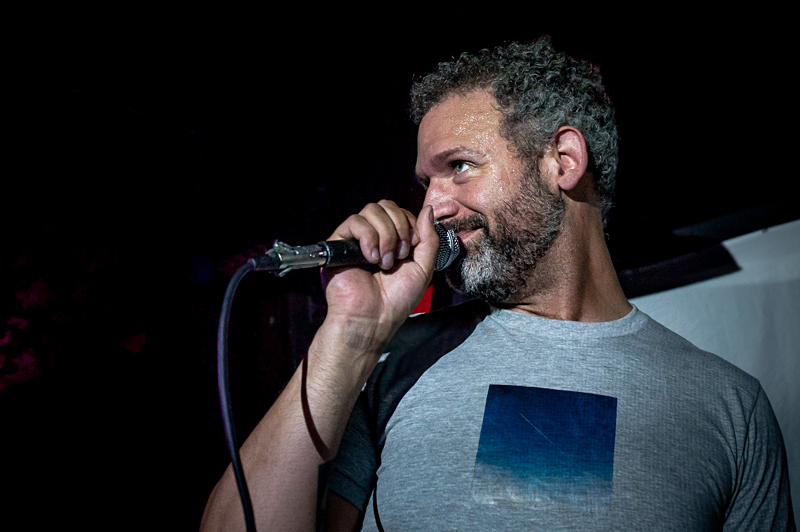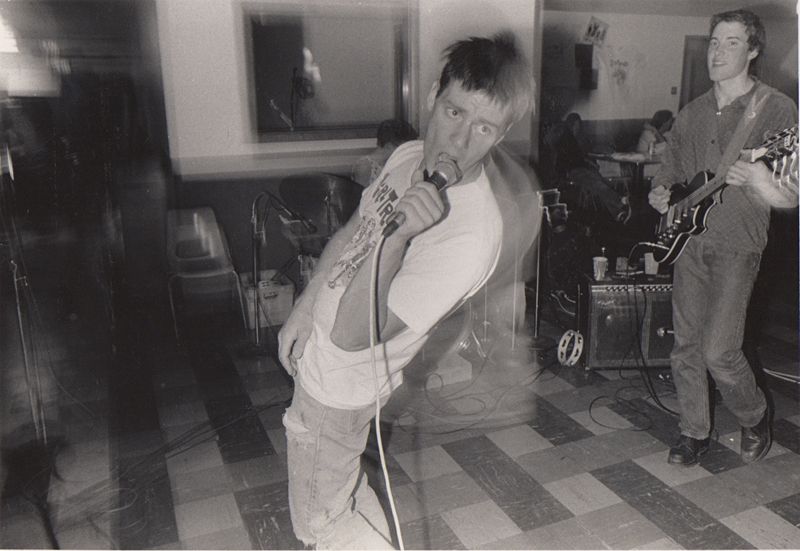Solomon Burke once took a gig that no other soul man ever scheduled and came out alive: He played a rally for 30,000 white-sheeted members of the Ku Klux Klan. It is just one of a legion of stories that follow Burke around, though it may be the most extraordinary chapter of a legendary career.
Burke says he took the gig because it was one of those “offers you can’t refuse.” And not surprisingly, like all of Burke’s live shows, even this event turned into an uplifting performance that was very much a revival. “My band all thought we were going to die,” Burke says with a deep laugh, calling from the church in Los Angeles where he preaches when not on the road. “But we got paid—the sheriff paid me. He said to us, ‘All you gotta do is go out there and perform. Open up with that new record, ‘Down in the Valley,’ and just play it four or five times.’ We did that and by the time we got to ‘Travel On,’ they were all singing along.
“Nobody thought about race; nobody thought, ‘you’re black, I’m white,’ or ‘you got a sheet, I ain’t got no sheet.’ We sang that one song for about 10 minutes. We took hate and turned it into love with music.”
LIKE THE BIBLICAL figure he’s named after, so much of the life of Solomon Burke has been outsized, including his physical appearance: Burke weighs over 300 pounds, but as he proved at a remarkable show at EMP last May, he can still shake like Tina Turner onstage. While his Biblical namesake had 700 wives, Burke has only had three, though his clan includes 21 children, 67 grandchildren, and eight great-grandchildren. When not touring, he preaches at the Miracle Theater and looks after a chain of 160 churches across the country. He was once involved with a funeral parlor franchise, and when his latter-day band wouldn’t believe he was a licensed mortician, he stopped the tour bus at the nearest mortuary: In front of the group’s astonished eyes, he assisted in preparing a body for burial.
But all the celebrated stories of Burke’s life pale compared with the power of his vocals—it is “God singing,” he says, insisting that the Lord moves in his music the same way He writes his sermons. At 62, Burke is still gifted with one of the most resonant voices ever, a man Atlantic Records producer Jerry Wexler—who’s worked with everyone from Ray Charles to Aretha Franklin—calls “the greatest soul singer.”
For evidence supporting the claim, one needn’t look any further than Burke’s most recent album, Don’t Give Up on Me (Fat Possum Records). On it, Burke covers songs written or given to him by famous fans like Elvis Costello, Bob Dylan, Van Morrison, Tom Waits, and others.
The album has deservedly earned Burke the best reviews of his career but like all kudos, Burke is accepting the attention with gratitude rather than ego. “I have never experienced this before,” he says. “I’ve got a new fan base, and both new faces and old faces in the crowd, and it is absolutely incredible.”
Burke gives much of the credit to Fat Possum, a label he first connected with in the Northwest. While playing a Portland show a couple of years back, he met the company’s president, Andy Kaulkin. “When he kept saying he was with Fat Possum, I felt a bit insulted because I’m a little on the big side,” Burke recalls, originally thinking Kaulkin wanted him to sponsor a sports team. “Finding out he had a record company meant I didn’t have to put on a possum outfit.”
Kaulkin teamed Burke up with producer Joe Henry, who took the singer into an L.A. studio and completed the entire album in just four days. Much of that speed came because Burke doesn’t believe in rehearsing a song excessively before cutting it. “I wanted to keep the impact of each song fresh and to keep the element of surprise,” he says. “It’s like eating a new sandwich: If you’ve never had it before, it tastes better. Some artists need to take a song and work with it for five months. But that’s not really what soul is about. Soul music is ‘you do it now with your heart.'”
BURKE’S LATEST RECORD isn’t so much a comeback as it is a comeuppance. Though he’s taken some periods off, he’s essentially remained on the road for the past 48 years, playing mostly to African-American audiences. He scored 19 songs on the R&B charts in the ’60s, an astounding output that solidified him as a touring draw. Yet, unlike Otis Redding and Sam Cooke—musicians he shared a tour bus with—Burke never had a crossover pop hit. He was also one of the first band leaders to employ a young Jimi Hendrix, though he jokes he traded the guitarist to Redding’s band when the Voodoo Chile got too wild.
Hendrix was in Burke’s group back when the only lucrative opportunities for African-American musicians were on the “chiltin’ circuit” of roadhouses in the deep South. This period gave rise to one of the greatest stories in the Burke canon: the tale of how he made extra money selling sandwiches to other performers on the tour bus.
“Yeah, it’s true,” he laughs softly. Burke says his sideline began when he realized that black musicians in the South couldn’t get served in restaurants: He began bringing extra food on the road to sell to his fellow performers. “The farther we’d get on the road, the more the sandwiches would cost,” he laughs. “I’d say, ‘These sandwiches were $1.50 four hours ago, but now they are $5.”
Despite his easy laugh and warm personality, Burke gets serious when he talks about faith and social issues. “We can’t find peace by waging war,” he says. He argues that if, as a nation, we took one week for prayer, all wars would end. “We have to keep our soldiers from going to war and keep our men and women from dying on foreign lands. Every man must be free. Every woman must be free. Together we stand as a united human force.”
Conversing with Burke, the only subject that comes up as often as God is food, a topic he finds more mirth in. When asked whether the grub is any good at a KKK rally, he’s surprisingly able to remember the exact menu from this white-sheeted buffet almost 45 years ago. “There was barbecue, fried chicken, slabs of ribs, sides of whole pigs roasting, collard greens, and macaroni and cheese.”
Burke pauses for a second, and just when you think he’s going to get nostalgic about ribs, his voice thunders out like a message from above: “It was historic being there,” he says. “Music conquered all, and it opened up hearts. With music, and with God, you can solve anything.”









